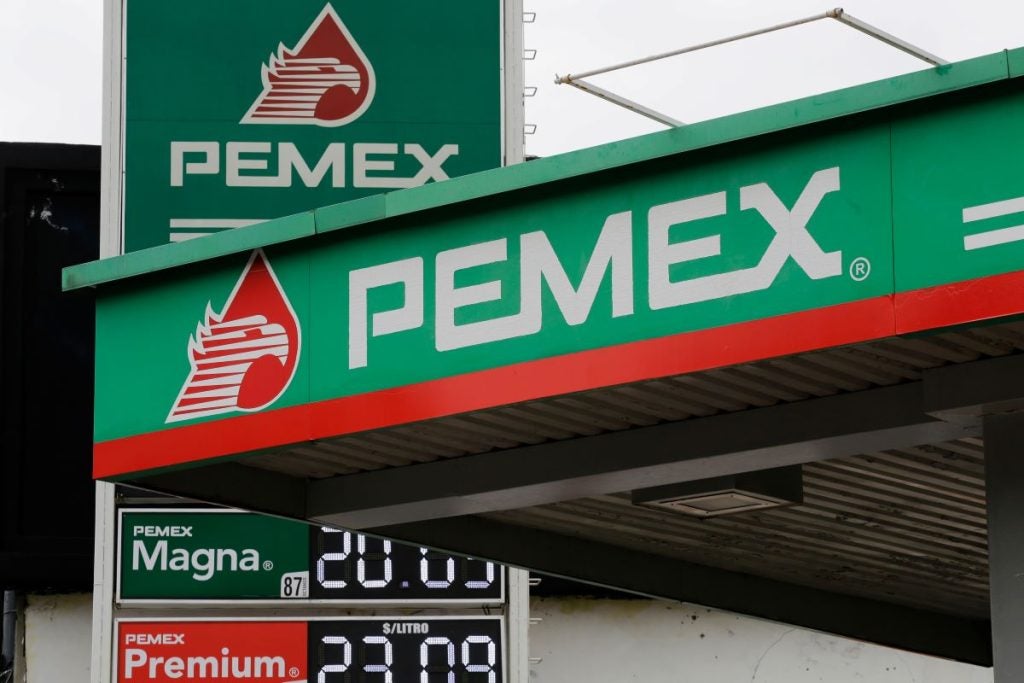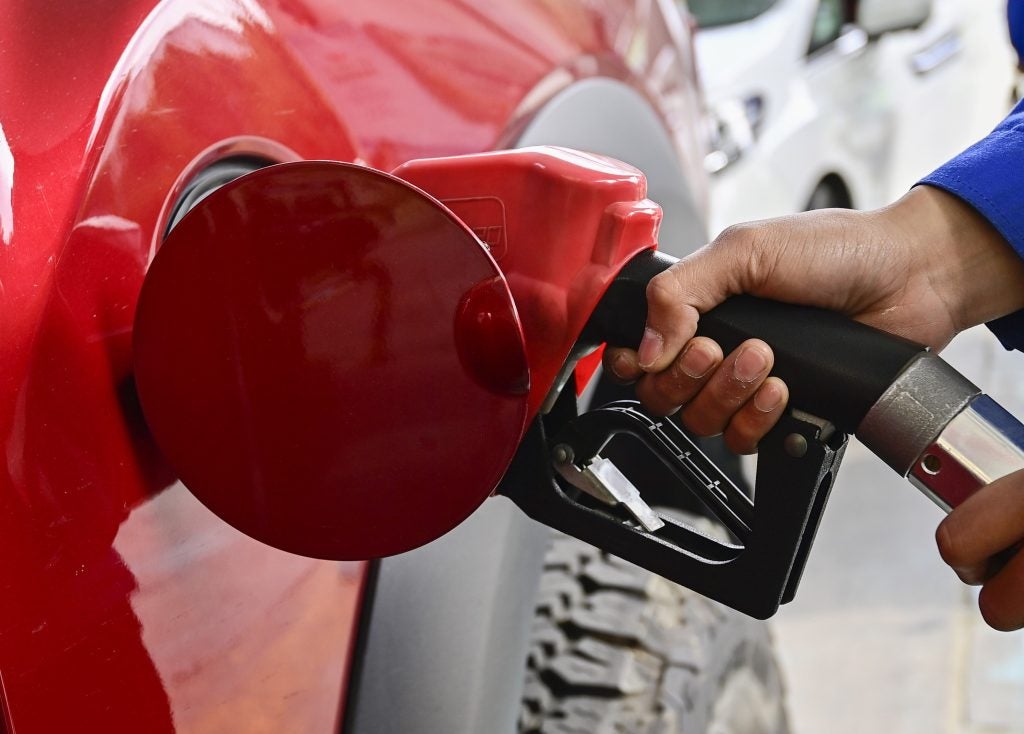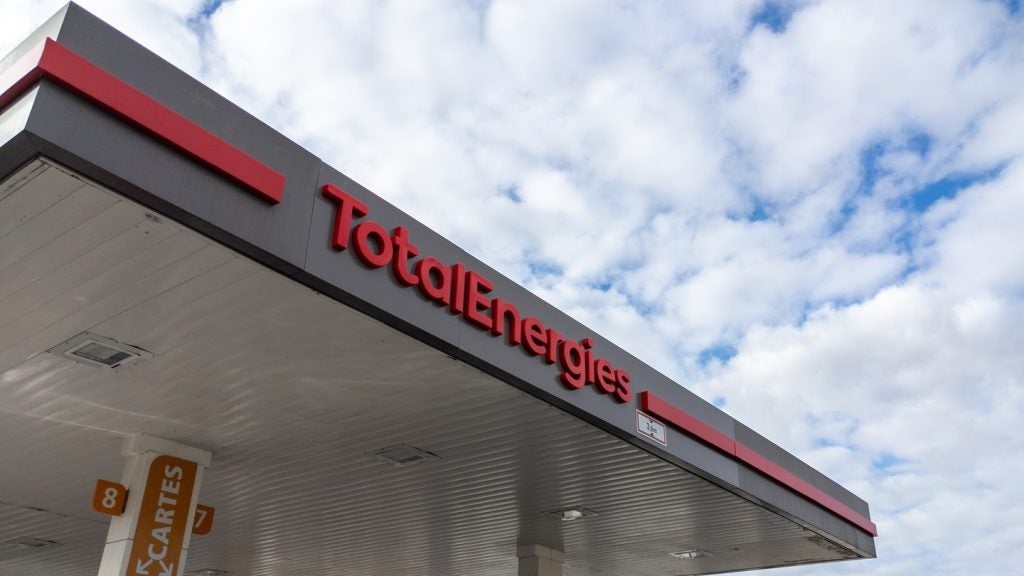Petrol retailers accused of taking excessive profits in light of falling oil prices
The discovery of the Omicron variant has led to economic and market uncertainty across the world, resulting in oil prices falling by $10. However, British automotive services company RAC has argued that this price fall has not been transferred to motorists with supermarkets especially taking large profits.
Fuel prices peaked last month reaching 151.1 pence ($2) and 147.7 pence ($1.96) a litre for diesel and petrol, respectively. RAC claims that since these wholesale prices have fallen by 7 pence ($0.08), but retail prices have remained similar. Prices are linked to crude oil but set by suppliers, which have been slow to pass costs on seemingly for their own gain.
Simon Williams of RAC claimed that since the onset of the pandemic, savings are more and more frequently not being passed onto the customer. Although understandable in the pandemic, now that demand has returned to pre-pandemic levels, he claims, this should now be passed on to consumers with weekly or daily price changes.
Supermarkets have been criticised due to their dominance of the UK market
Supermarkets, the major UK retailers which account for half of the market, have been chiefly blamed and seem to be exploiting consumers to boost profits. Williams claimed that supermarkets are quick to react to price increases but slow to react to falls in order to boost profitability, stating ‘prices go up like a rocket but fall like a feather.’
Supermarkets should be the quickest to react due to the high frequency of purchases and market dominance. It can also take a supermarket price cut to kickstart the rest of the market to follow, which is worrying if that initial cut never comes or comes too late.
Smaller independently owned stations, represented by the Petrol Retailer’s Association, can take longer to see price falls due to customers tending to purchase less frequently, so they have been less scrutinised.
How well do you really know your competitors?
Access the most comprehensive Company Profiles on the market, powered by GlobalData. Save hours of research. Gain competitive edge.

Thank you!
Your download email will arrive shortly
Not ready to buy yet? Download a free sample
We are confident about the unique quality of our Company Profiles. However, we want you to make the most beneficial decision for your business, so we offer a free sample that you can download by submitting the below form
By GlobalDataThe AA has suggested that we have seen the start of a significant fall in prices. Although welcome, it does not seem enough and the delay between oil price and pump price falls has exploited the consumer.
Prices are impacting costs of living in the run-up to Christmas
The RAC has urged the government to take action in order to prevent people from spending excessive amounts on fuel during the Christmas period when costs are already high. The recent duty freeze tax announced by Chancellor Rishi Sunak, it claims, is not enough.
The price of filling up a typical family car is almost £20 ($25) more in December 2021 than it was in December 2020, putting a strain on people’s finances. Luke Bosdet, of the AA, warned that consumers need to be aware that any savings they may be making in-store could be cancelled out by petrol costs.
Retailers have claimed other cost increases such as wages, electricity and the weakness of the pound have resulted in this. This may be the case, but it should still be independently investigated to ensure fairness to the consumer in a period when finances are strained.







